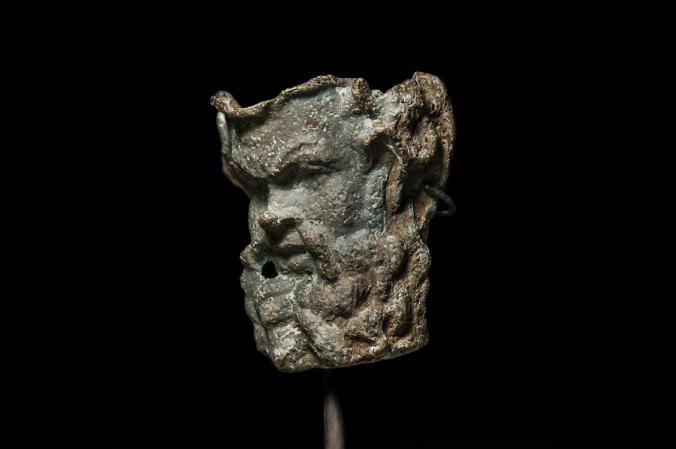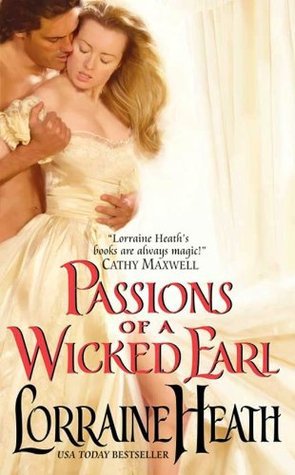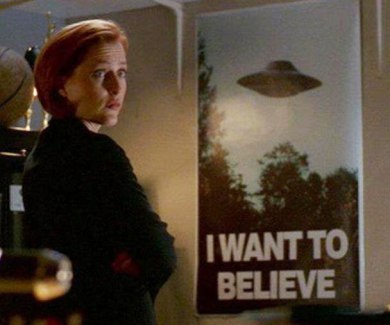This is the April installment of my Flagstaff Live column. You can read the original here.
 I have a love/hate relationship with crime novels. I love the heavy plots, the journeys into society’s seedy underbelly, the challenge of staying one step ahead of the mystery. I love how tough they are. I hate that most crime novels these days have cops, FBI agents, and the like as protagonists. I grew up a “white trash” kid, then became a punk rocker. Most of my associations with cops were as a kid or young adult getting harassed, shaken down, or cracked in the head by them. After suffering so many humiliations at the hands of the law, I can’t enjoy a book that makes those guys the heroes. Especially when the bad guys are so similar to the people I grew up with. So I mostly read old crime novels, stuff by Raymond Chandler and Dashiell Hammett and writers like them, writers with a distrust of the system and of the wealthy, writers whose protagonists are outsiders just trying to make it. Where, I often wonder, are the contemporary equivalents?
I have a love/hate relationship with crime novels. I love the heavy plots, the journeys into society’s seedy underbelly, the challenge of staying one step ahead of the mystery. I love how tough they are. I hate that most crime novels these days have cops, FBI agents, and the like as protagonists. I grew up a “white trash” kid, then became a punk rocker. Most of my associations with cops were as a kid or young adult getting harassed, shaken down, or cracked in the head by them. After suffering so many humiliations at the hands of the law, I can’t enjoy a book that makes those guys the heroes. Especially when the bad guys are so similar to the people I grew up with. So I mostly read old crime novels, stuff by Raymond Chandler and Dashiell Hammett and writers like them, writers with a distrust of the system and of the wealthy, writers whose protagonists are outsiders just trying to make it. Where, I often wonder, are the contemporary equivalents?
Then along comes Lisa Brackmann’s Go-Between.
Go-Between begins with Emily, a restauranteur in Arcata, California who seems to have made her peace with her shady past. She employs undocumented labor and has a customer base of pot growers, but she tries to keep an arm’s length from everything and everyone. The one glaring exception is Emily’s boyfriend, Danny, a pilot who augments the cost of his plane by occasionally loading it with weed and hauling the cargo out of Humbolt County. He plans one last flight—a “minimum risk, maximum reward” haul that predictably lands him in jail. His arrest coincides with the return of a federal agent named Gary. Or “fucking Gary,” as Emily frequently calls him.
In another life, Emily was a pawn in one of Gary’s schemes. Now he’s back to move her around the chess board. He’ll hold Danny in jail for as long as he needs Emily. When he’s done with them, he hints that both Emily and Danny will be released. The project Gary has in mind is simple. He wants Emily to go to Houston and keep an eye on Kaitlyn O’Connor. Kaitlyn was the victim of a horrific carjacking that left her husband and son dead. Now she’s the public face of a tough-on-crime organization called Safer America. Safer America manages a lot of dark money and some important initiatives are on the ballot in the upcoming election. Emily just needs to keep Kaitlyn on message through the election season. What follows is a thrilling chess match between Emily and Gary. It moves the reader across the dark squares of power, money, and special interests that tend to run public policy on a state and national level. Gary is a complex villain. He’s charming and slippery. It’s never clear whose interests he serves (beyond his own) or how much power he has. Issues that we debate ideologically—specifically marijuana legalization and mass incarceration—are stripped from their moral standpoints and reduced to matters of money. Kaitlyn is inscrutable. She could become the Sarah Palin Gary wants her to be, or she could make a 180° turn once she learns her real role in power and money, much like Elizabeth Warren did. Emily’s motivations waver between the greater good and saving her own hide. Everyone involved—the reader included—loses a little bit of innocence.
Toward the end of the novel, Emily and Kaitlyn visit a law-and-order convention that looks eerily like any other trade show. At the core, the convention is full of consumables sold to consumers. The whole scene forces the reader to ask the question: what is all this law and order really about? Brackmann’s novel raises issues Michel Foucault explored in Discipline & Punish more than forty years ago. First, if the purpose of prison is to reduce crime, then we have to admit that three hundred years of incarceration (and thirty years of US mass incarceration) have failed. So, like Foucault and Brackmann do, we have to ask what purpose all this punishment and incarceration really serves. We have to investigate who profits off it. We have to become critical of the stories that do little more than promote the myth of justice in our justice system.
This becomes the real power of Go-Between. Brackmann goes beyond the simple and harmful morality tales of good cops and evil criminals. She investigates the very nature of crime. She explores who really profits from it. And she does all this in a kick-ass thriller that’s nearly impossible to put down.
Share this:




